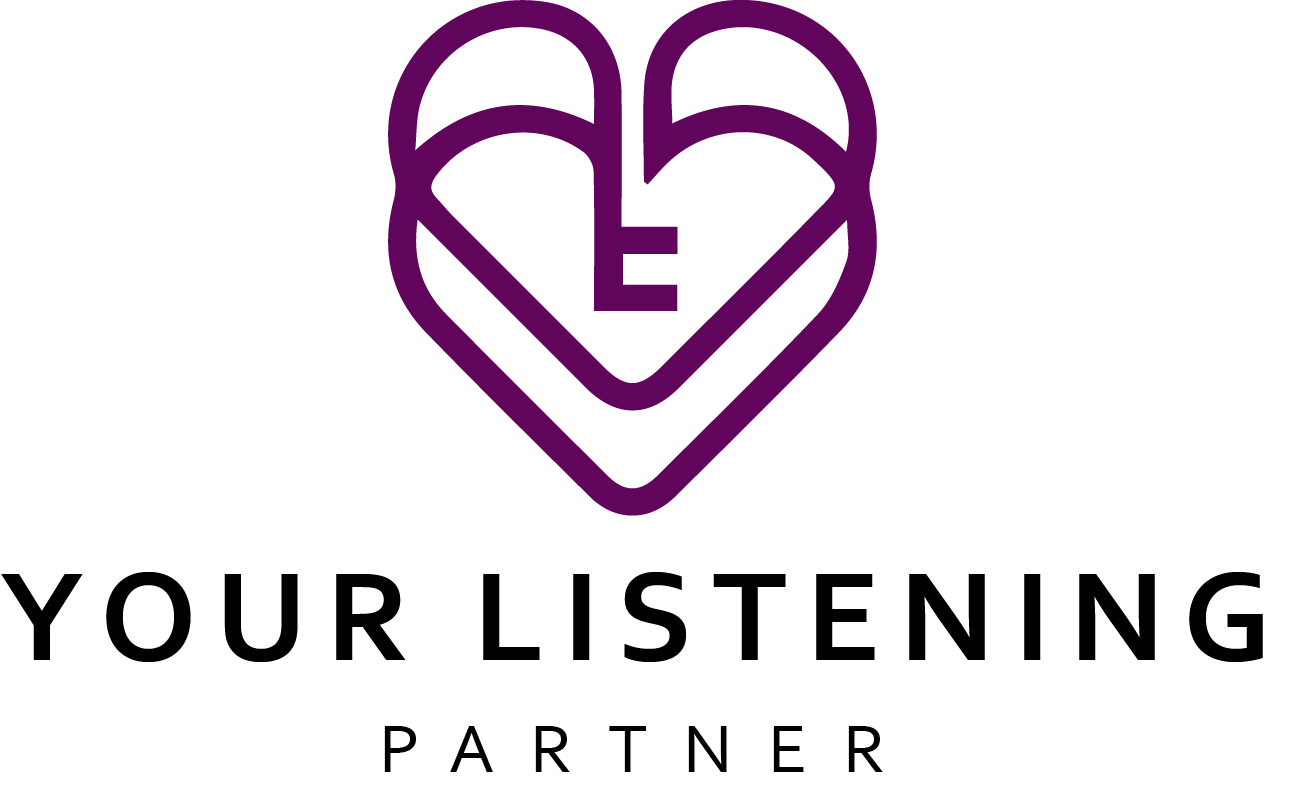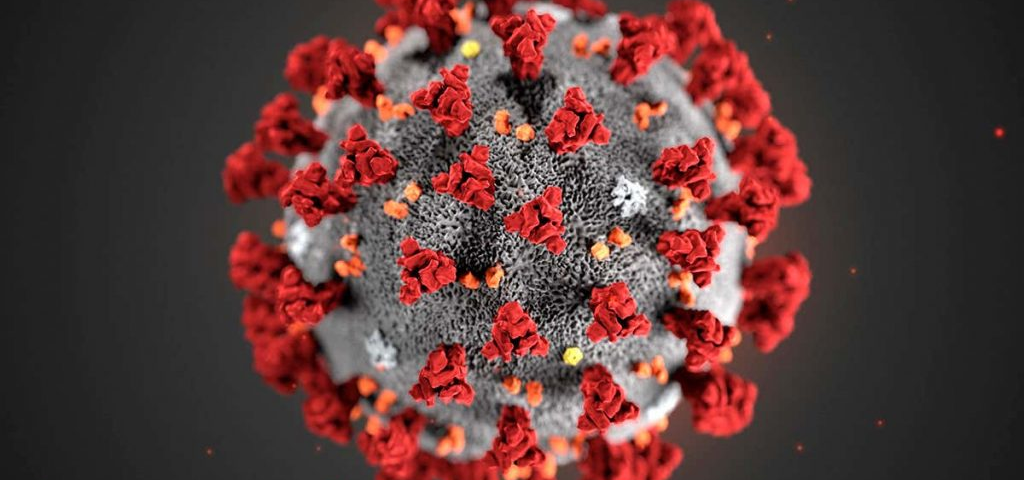
Deep Listening Leads to Deep Connection
April 14, 2020
Steps of Change
March 9, 2021“It’s relentless. What am I supposed to do with all of this emotion?” The heartsick words of the young doctor jumped out at me from the podcast. The interviewer’s voice was calm. The doctor’s voice strained with emotion as he prepared to make another COVID19 death notification call to a family dreading the news they were about to hear. Another death. Another family. This wasn’t the kind of work he signed on for.
You are awash in a tsunami of Coronavirus. If you aren’t on the front lines, then you are on the next tier knowing full well you could easily be swept into the chaos that’s developed in what seems like no time at all. It’s not IF, you and your family will be touched by this virus, but WHEN. And as a nurse, a first responder, there’s a good chance it will touch your life in one way or another.
But you are not a victim, you are a casualty of an international assault on life as we know it. As difficult as this moment of history might be, remember this isn’t just about you. Just like the virus attacks the body, it is attacking our health care system. An essential part of that is the assault on the collective life, the esprit de corps, that incredible teamwork, of health care.
Self-isolation is not a luxury for health care workers who are daily facing the fight against the COVID19 Coronavirus. Suiting up to do mortal combat with an invisible enemy is tough any day. But these patients are different. They could be you. They could be me. They could be your grandma scared to die alone. But you will be there caring for them and giving them everything you have because this work is not just what you do, it’s who you are.
This is special work you’ve been called to so let’s get to it. So let’s get you through this.
“How very little can be done under the spirit of fear.”-Florence Nightingale
Let’s take a two-fold approach to this.
First, the immediate question. How are you going to get through today?
Step one: Stop for just a moment. Take a deep breath and step away. Become aware of who you are and where you are. Change your energy if only for a moment. If you can do it physically, like go to the break room or to the bathroom, then take just a minute. If that’s not an option, then step to the side. Stop the momentum and breathe.
Step two: Catch yourself. Become aware. Focus on right here right now. When you react to situations around you it is the authentic you responding or is it your exhausted autopilot who is running the show?
Step three: Consider your resources. You are a winner at surviving. You are smart, intuitive and aware. Those qualities are an extra shield of protection. Clarify what you want or need and be open to what resources come your way.
Step four: Stay nimble. Creative solutions have already appeared and there are more on the way. As a front line worker during this crisis you know the problems better than anyone. You also see solutions. Stay open to possibilities.
Step five: Be confident of both your strengths and your limitations. Our strengths lead us through the toughest times but remember this. The heroes in the comic books are two dimensional drawings and
even Superman had his kryptonite over which he had no power. Do the best with what you have but don’t beat yourself up. You are doing the best you can
Second, and when you are ready, let me help you.
There is a formula that predicts recovery following a major disaster. The length of the initial stage suggests how long recovery will take. Full recovery takes time. Sometimes recovery takes years.
What you are experiencing on the frontlines of the COVID19 crisis is unprecedented. There is little time or place to maintain your professional space. You are pushed to your limits in a space that is anchored in fear and unknowing.
There’s a name for what you as a health care worker are experiencing.
“Second Victim” refers to the personal and professional impact on health care workers following a patient safety incident. Initially this work focused on physicians but further study shows that any clinician can be adversely affected by these events.
This is what you are facing on the frontlines of the COVID19 battle. And is normal to see only the failures as you second guess your skills and your knowledge.
But you are not a victim. You are a casualty of war and once this is behind you there is more work to do.
Once this is over, how will you respond?
· Will you leave your profession?
· Will you stay as a wounded healer and do what you can?
· Or will you use this as a springboard to something new.
When you are ready let’s look at where you are and what you want next.
In a study on listening that I did with critical care nurses we discovered that deep listening can lead to deep connection. Deep connection can lead to transformation. Together let’s try a different way to respond to the new health care world. Let me show you a new way as we listen with ears, eyes, attention and hear.




